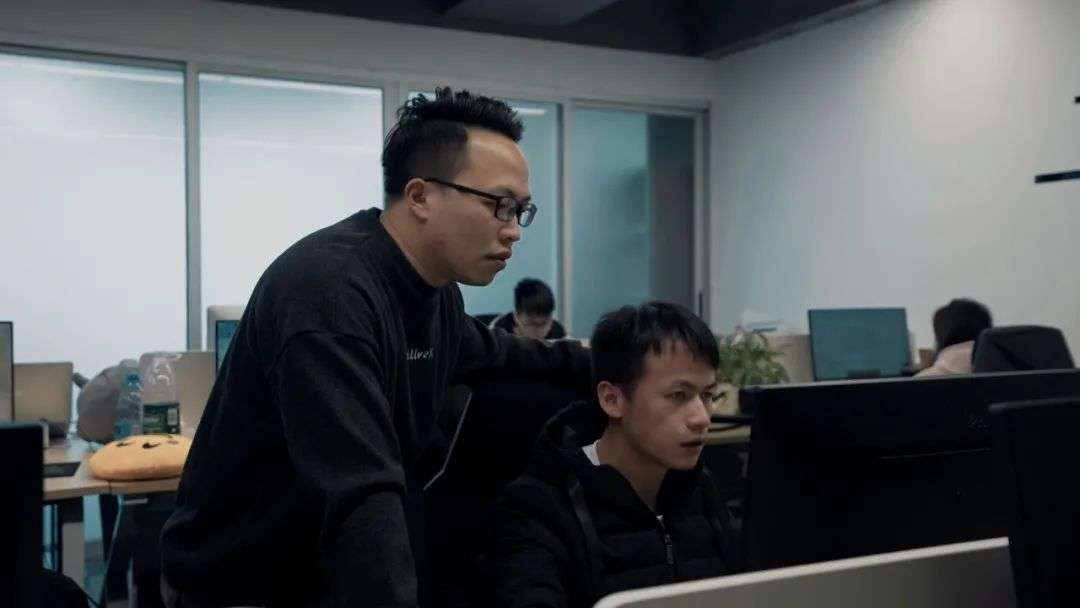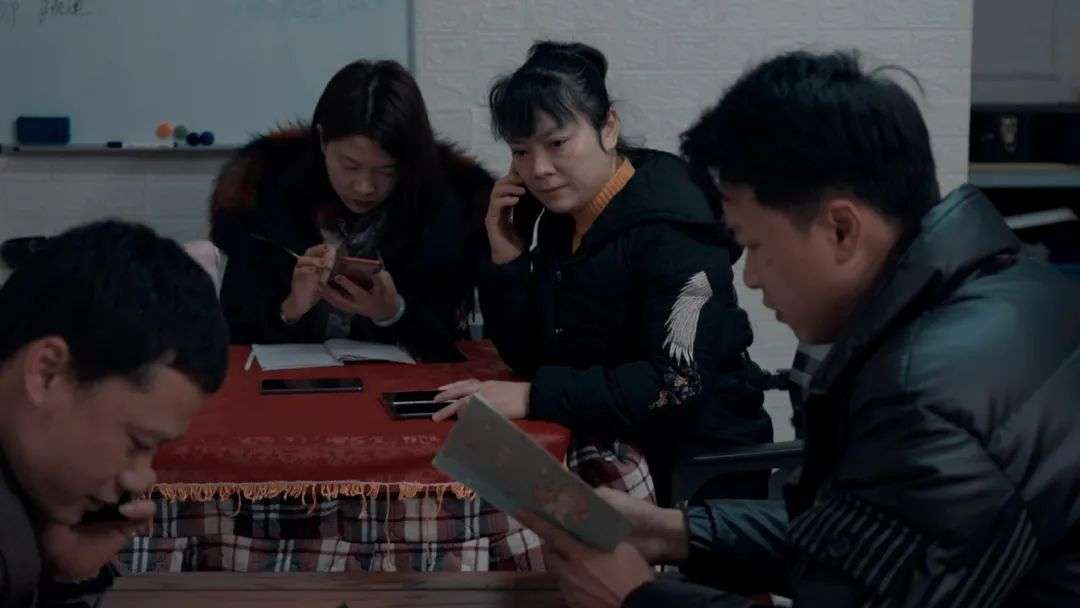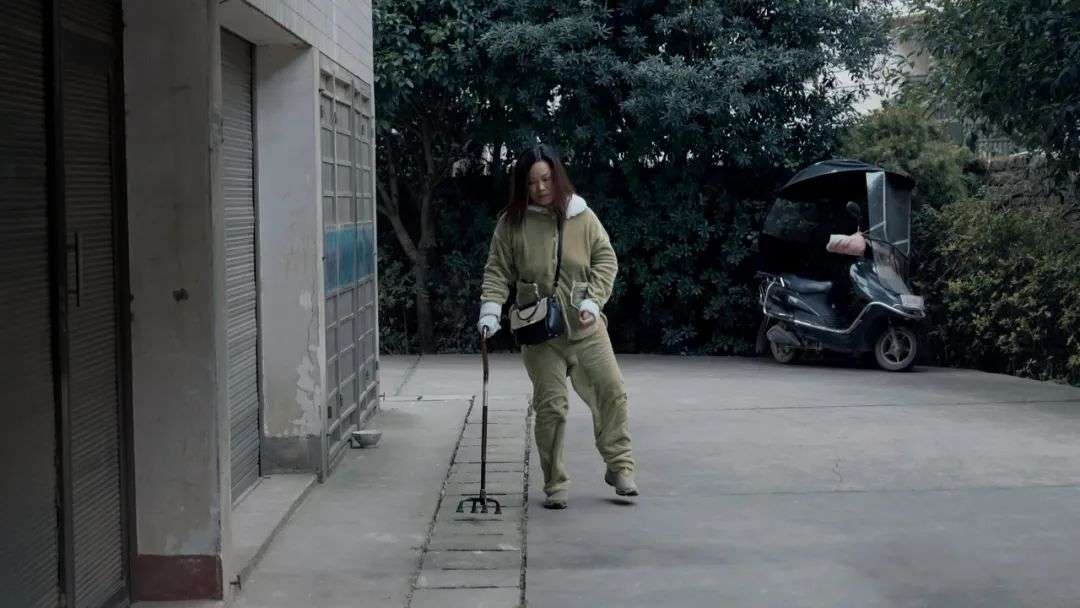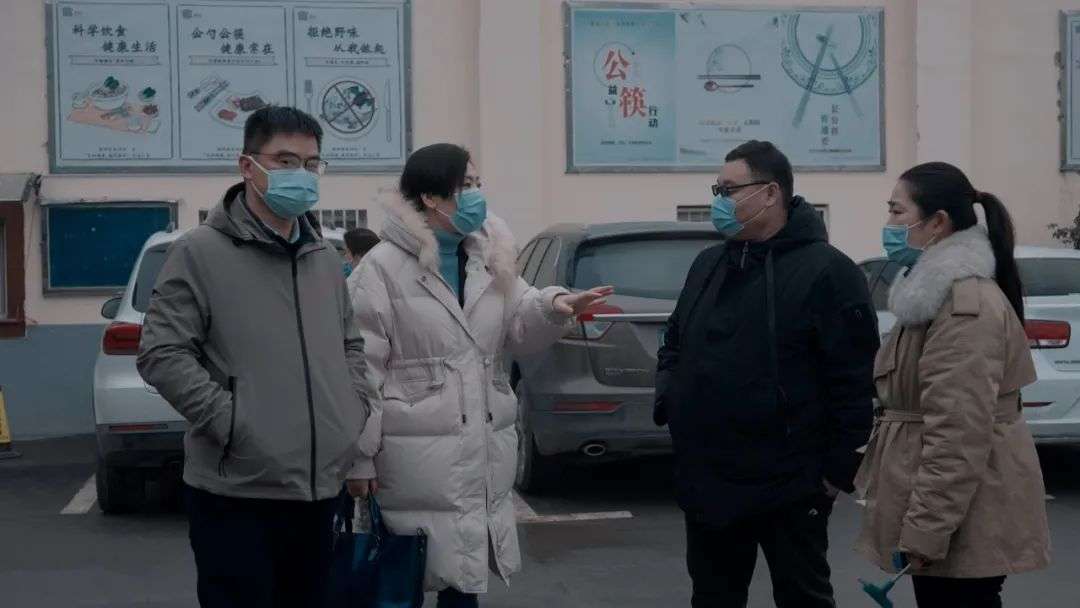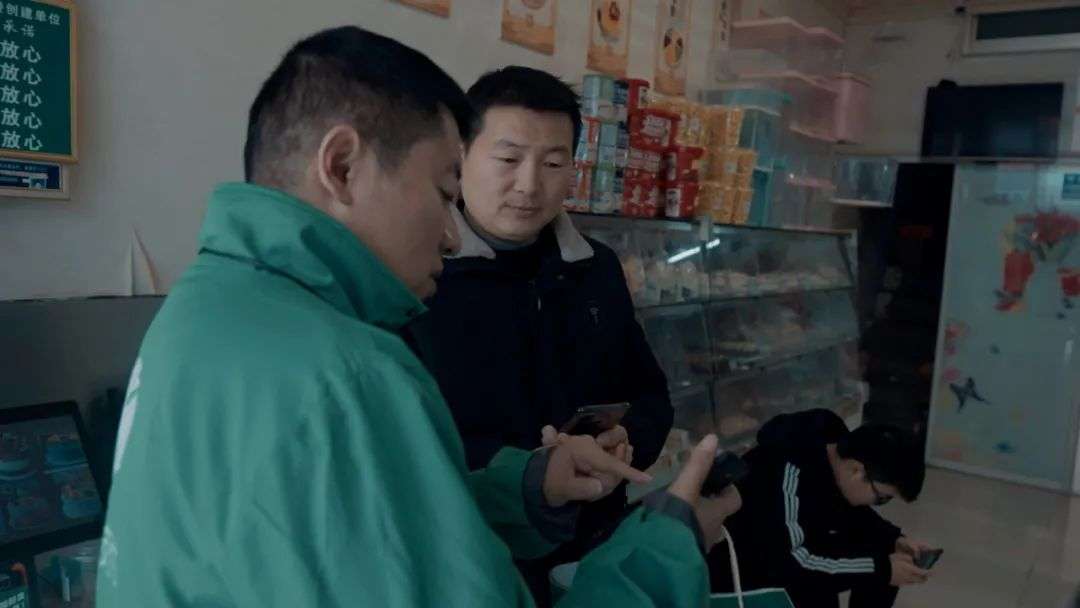Some people went to office buildings from the assembly line, and some served the world in the county.
Editor’s note: This article from the micro-channel public number “pp Story” (ID: tech-kk), of: Bai Lili, Edit: JUMP, Planning: Xu Lang, JUMP,Typesetting: Lin Xiaofang,Release with authorization.
The New York Times quoted a 17-year-old American girl Elena to describe a generation of young people under the Internet wave.
“Today’s young people grow up in such an atmosphere: climate change, global terrorism, economic crisis, mass shootings… increasingly serious problems allow us to see the reality of life, and the burden of solving these problems lies on On our shoulders. But we have also grown up in a world like this: open a search engine, we can enter any information we want to know; we can contact millions of people from all walks of life, learn skills and understand from all angles Viewpoint; knowledge is extremely powerful today, and we can get everything we want through our fingertips.”
Regardless of age, nationality, gender and educational background, everyone can get everything they want with the touch of their fingertips. Digitization has invisibly sneaked into the lives of ordinary people and even sinks into the world. Under this wave, Everyone is a wave. Although the individual is as small as a drop, it cannot be forgotten or ignored.
When we turned our attention to the waves around us, we found that it was these waves that have constructed a mobile world. They broke people’s stereotypes in employment choices and found a new life in the crevices of the Internet. Lu, they used extraordinary courage to make a change, found the light, and opened the door to a new world. The documentary “Side Code Story” tells the whole process of the waves tumbling and jumping.
How can a “wild programmer” become a useful “part”?
“Today is not an era of linear development. We have entered a new stage of fault transitional development.”
———— Clay Sheki, “Time for All”
17-year-old Elena graduated from the University of Maryland. She mentioned a sentence in her graduation thesis “A Gen Z person, how to view the social media age”:
“Our sailing direction is not only forward, but also upward.”
thisIt is not the parallel transfer of rights like “shooting on the beach”, nor the three-view binary opposition of “the east wind overwhelms the west wind”, but the new generation of youth jumping out of the two-dimensional horizon, trying to break the boundaries in space-so , We have seen batches of “new youths”.
No more “screws”, Wen Xuegui chose to make a “more useful part”. After deciding to leave the plastic factory assembly line, he did not “hop in parallel” to a better-paid and slower-paced production workshop like many of his colleagues, but directly “up” and walked into the office building from the assembly line, becoming a true performer. The “new youth” without deduction.
Wen Xuegui (right) at work. Picture source edge code story
Although he is only 23 years old, Wen Xuegui, a native of Jieyang, Guangdong, has a life history similar to that of young people in many small towns: average family background, graduating from technical secondary school, eating food in a plastic factory, and working on an assembly line. Before the term “hitting workers” became popular all over the country, he commented on those working years like this: “What we do is simple, but it is still tiring to get off work every day. We work 11 hours a day. Others are going to sleep, and we are still at work. “
Although the nature of the job is boring, he feels that “part-time work makes people sober”, “You must have a skill, you can’t always screw the screws.”
So Wen Xuegui began to teach himself programming.
With the development of Internet tools, the cost of sharing and collaboration has been greatly reduced, and people’s free time can be fully utilized and become a new resource. American writer Clay Sheki calls this “cognition “Surplus”, he also specifically talked about the relationship between programming and cognitive surplus: “The earliest successful use of cognitive surplus was computer programming in the technical community. There, people fully understand collaboration, so there are few barriers to participating in culture. Less. Programmers who are committed to open source projects like Apache and Linux are usually defined as those who take a positive view of participation.”
Inadvertently, Wen Xuegui used the “cognitive surplus” outside the assembly line to knock on the door of programming that other workers sounded “unbelievable”. In his spare time, he watched all the free programming tutorials, and then paid to learn a few languages online by himself, “I will learn every day for at least two hours a day”.
Relying on self-study programming, he came to a technology company in Guangzhou, but at first he felt inferior, because he was a “wild programmer” from a non-disciplinary background. But he thinksXing, from Fuzhou, Fujian to Chongqing, Chengdu, as long as there is a need for unlocking in various places, Baiyun will make overall arrangements on the line to let the most professional masters appear on the emergency scene as soon as possible.
Bai Yun (first from right) and his team. Picture source edge code story
This “net” has resilience, and later expanded to many fields such as car rescue, home appliance repair, housekeeping services, etc. “It can be said that there are any service industries”; this “net” also has tension, “spread” The furthest time I arrived in Australia, an order call opened Baiyun’s global service, and a digital tool also connected the most basic daily needs around the world.
In the context of the global binary oppositional values of “black or white”, it is particularly valuable to create an “ordinary world” based on the basic needs of ordinary people. Hu Yong, a professor at the School of Journalism and Communication of Peking University, mentioned the concept of a “digital divide”. He believes that the popularity and rise of social software will make “digital inequality” smaller and smaller. “We recognize the digital divide, but this gap It will continue to shrink because of some social software on the Internet.”
The reduction of the digital divide at the individual and individual levels is also reflected in Baiyun’s sister Bai Lifen. Two years ago, she suffered a sudden stroke and was paralyzed so that she couldn’t walk at all. In her own words, “you can’t die if you want to die.” After the younger brother’s unlocking applets spread all over the country, Sheki’s “seemingly inconspicuous demand” requires later customer service to follow up and arrange. As a result, Bai Lifen became an online customer service for her younger brother’s company, and answering the phone every day made her so busy that she “has no time to die.” “In Hengshan, a small third- and fourth-tier city, I can help people from all over the country. I feel quite fulfilled.”
Bai Yun’s sister Bai Lifen. Picture source edge code story
Where should young people with “fire in their hearts” go?
“I feel that I no longer belong to any place, and people everywhere feel that my heart belongs to me. In this tight gap, I have found my humble position.”
——Zhang Yiwei, “Clouds and Things Are Like Hometown”
When Zhuang Zhiwei decided to return to Fuyang from Hefei to work, his parents were so happy. However, the old couple soon discovered that their son was actually “playing on the computer every day”, complaining that his son “will not go to the planning bureau for the arrangement”, and even threatened that “If you don’t be obedient, we will bye bye in the future.”
This may be a common trouble for all youths with “fire in their hearts”: When facing the “steady work” arranged by their families in their hometown, this kind of “seeing the end at a glance” makes people angry and helpless. And when they tried to persuade their elders to “don’t worry about me” with the excuse “I’ve been waiting for an opportunity”, they couldn’t escape the previous generation’s evaluation of “I am too talented and talented, but too young.”
The same incomprehension also comes from the partners. When it was discovered that Fuyang’s buses could not realize WeChat cloud payment, Zhuang Zhiwei took the plan to talk to customers one by one, “In third- and fourth-tier cities, when you come up to introduce what you are doing, others feel that you are a liar.”
In Huaibei, 200 kilometers away from Fuyang, like Zhuang Zhiwei, Li Linlin was “clearly arranged” by her family when she returned to Huaibei from Nanjing. After listening to her parents to go to a state-owned enterprise for a few months, Li Linlin quit her job. Like some young people in the system who complained about fishing at work, workplace ecology, human relations accidents, slow promotion, hopeless promotion…, Li Linlin chose a seemingly more unpopular path: digitizing what he once saw in big cities, Industrialized things are brought to the small cities in their hometowns.
But after that, she was overwhelmed by the digital business in her hometown. She is engaged in non-sense parking and non-sense payment industries, which is new in Huaibei. The situation and feelings when she talked about cooperation with Zhuang Zhiwei are exactly the same. The most common sentence she hears from the partner is “I will not cooperate with you.” It’s so blunt, I feel too angry.”
Li Linlin and her colleagues are discussing cooperation with the business. Picture source edge code story
How to in the digital cloud and homeThe search for survival in the crevices of the earth has become a problem that Zhuang Zhiwei and Li Linlin need to face urgently. This is also a topic that contemporary young people who return to work from their hometowns from first- and second-tier cities cannot avoid: Beijing, Shanghai and Guangxi fight for strength and hometown for favor. And when these young people choose digital tools and “things in the cloud” to try to open up the digital space of their hometown, they are accompanied by passion, not only flowers and applause, but they need to face more rumors and criticisms.
Unable to make old family members understand cloud payment and “code on the economy”, they focus on online and offline promotion. “It used to be a last resort to return home, but now we have to change from passive to active, and retreat may also become a way out.” Li Linlin said.
Zhuang Zhiwei is also struggling in the “clouds of his hometown”, but this struggling process itself represents the individual’s complex emotions towards his hometown. Just like Zhang Yiwei said, “Between the cracks, find your humble position.”
But Zhuang Zhiwei doesn’t think that the digital promotion he has done in his hometown is how humble. “Everyone loves their hometown. If you can do something for her, the pride comes from the heart.”
Zhuang Zhiwei explains to the merchants the senseless payment. Picture source edge code story
Finance writer Wu Xiaobo believes that what Zhuang Zhiwei calls “proud” is rooted in the deep feelings of young people in small towns towards their hometown. It also reflects the reshuffle of online competitiveness of Chinese cities in the mobile Internet era. “In the past, things that needed to be done in Beijing, Shanghai, Guangzhou and Shenzhen, as long as there is a network, as long as there is a platform, as long as there are digital tools such as small programs and cloud payments, I can do the same when I return to my hometown. What happened to the 18th-line small county? Writing codes that benefit the public can still accept unlocking orders from Australia. The “cloud information gap” of cities with different economies is getting smaller, and the degree of “grafting” and “linking power” with the world have been significantly enhanced.”
“From screwing screws to coding, the “working adventures” of young people in these small towns tell us that the so-called class consolidation is not as serious as the public imagines.” Wu Xiaobo believes that the blessing of the Internet tool Pratt & Whitney Below, young people in the mobile Internet era always have a door waiting to be opened.
When online tools slowly inject the long-lost vitality into the “small town rivers and lakes”, China’s urban-rural balance is once again pushed to the public eye–
“The Internet uses a tool-like form that moisturizes things and touchesAnd immersed in the once insignificant sinking world, so that entrepreneurship, identity transformation, and class transition, which are extremely difficult to complete in traditional society, have exponentially exploded in the new generation of the Internet. This is a bonus exclusive to this generation, and it is also the greatest significance for our generation to benefit from the Internet. “Wu Xiaobo said.
So, Wen Xuegui will leave the suburban assembly line and head towards the city office buildings; Baiyun will be in the streets of Hengshan, touch the screen with his fingertips to delegate and follow up the unlocking “urgent orders” in Chaoyang District or Melbourne; countless Zhuang Zhiwei and Li Linlin are throwing themselves into the torrent of micro-entrepreneurship in their hometowns.
